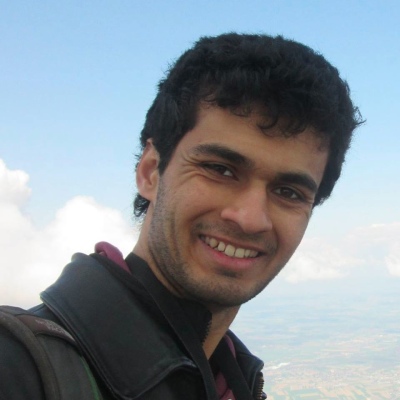The Junior Eurovision Song Contest is a unique and treasured element of our Eurovision calendar. Its identity as a Eurovision contest which remains inclusive of the national language rule whilst also taking in a common all-participant song and pioneered online voting for audiences from non-participating nations has always set it apart.
Despite the lack of British participation in the competition over recent editions, as a British Eurovision fan, I took notice when the BBC returned to Junior last year and Freya Skye secured a fifth-place finish in Yerevan.
When the BBC announced that they would be sending Stand Uniqu3 to Nice, however, it fully caught my attention.
HEADLINE
When Stand Uniqu3 takes to the Eurovision stage on November 26th, it will be the first time that a person of colour is representing the United Kingdom at a Eurovision song contest since 2011 saw Simon Webbe perform as part of Blue in Dusseldorf. This is massive. It is a transition from the white mostly southern voices who have represented the UK up to this point. It’s also a beacon of representation for the sizeable minority of British Eurovision followers who love the Song Contest but who have struggled to see themselves represented in their nation’s performers.
At Eurovision, being a representative of your nation is standard practice. Although it may be slightly simplistic, artists at the Contest are a reflection of their nation’s contemporary music scene and the sort of work considered to be popular by each participating country’s national broadcaster. Irish songs are not only in the Irish language but also speak about Irish folklore with melodies inescapably from the Emerald Isle. This year we have North Macedonia bringing something inescapably Balkan and Georgia bringing singing that harks to the nation’s polyphonic style to showcase other cultural highlights in Junior Eurovision’s smörgåsbord.
What we don’t discuss enough is the cultural significance of artists from particular minority backgrounds making their way to the contest and showcasing their identity as much as their music on the Eurovision stage. For every Dana International and Conchita Wurst, there are lesser-highlighted equally amazing stories like Reiley representing the Faroese community and Tvorchi’s Jimoh representing the West African community. Representation is often, without thinking, something that hooks onto the majority background of the nation – so it is notable when the minority is represented.
In a way, it’s unfair to put additional pressure on many of these artists. For all that many of them are pioneers, none of them explicitly asked to be pioneers. Just like any artist, they want and deserve the opportunity to be able to be seen by the music-enjoying public as brilliant artists in their own right. Unfortunately (or perhaps fortunately) their existence as minorities amidst the wave of cultural majorities who make up most Eurovision acts means their participation is historic simply as a result of the context they perform in.
This is slowly beginning to be normalised in the Junior Eurovision setting with Minsk 2018 being the last time a Dutch act didn’t contain a performer with non-European ethnicity but this is one small example in the context of a much larger contest landscape.
This All Has Meaning
As much as it is arguably an added burden to be coming to Eurovision within that context, it’s also a huge symbol of hope. As soon as I saw Stand Uniqu3 and recognised that their performers looked like me, I immediately became invested in their journey to Nice and their performance on the Junior Eurovision stage.
Regardless of where they finish on the final scoreboard, I will feel incredibly proud to watch three young girls represent a unique and exciting face of the United Kingdom, one that is multicultural, energetic and so much fun. This face is one that the BBC’s children’s channel CBBC has spent years making a natural part of their main broadcasting identity. By selecting Stand Uniqu3, CBBC has made this year’s Junior Eurovision a huge opportunity to showcase the diversity which has become a hallmark of their programming, inspiring young people both within and beyond their traditional audience base.
Speaking of the family audience who will be watching Junior Eurovision in November, it’s important to remember that even more than in the adult Contest, the participating artists are role models and heroes for kids of all ages across Europe.
Regardless of your background, If you can see people who look and sound like you in high-profile positions, you will believe that a pathway exists for you to ultimately achieve your ambitions. As I’m now an adult, I will never perform on the Junior Eurovision stage but nonetheless, I look forward to sharing Stand Uniqu3 and ‘Back to Life’ with the many young people I work with every week, inspiring them to believe that you don’t need to come from a specific background in order to make your wildest dreams come true.









